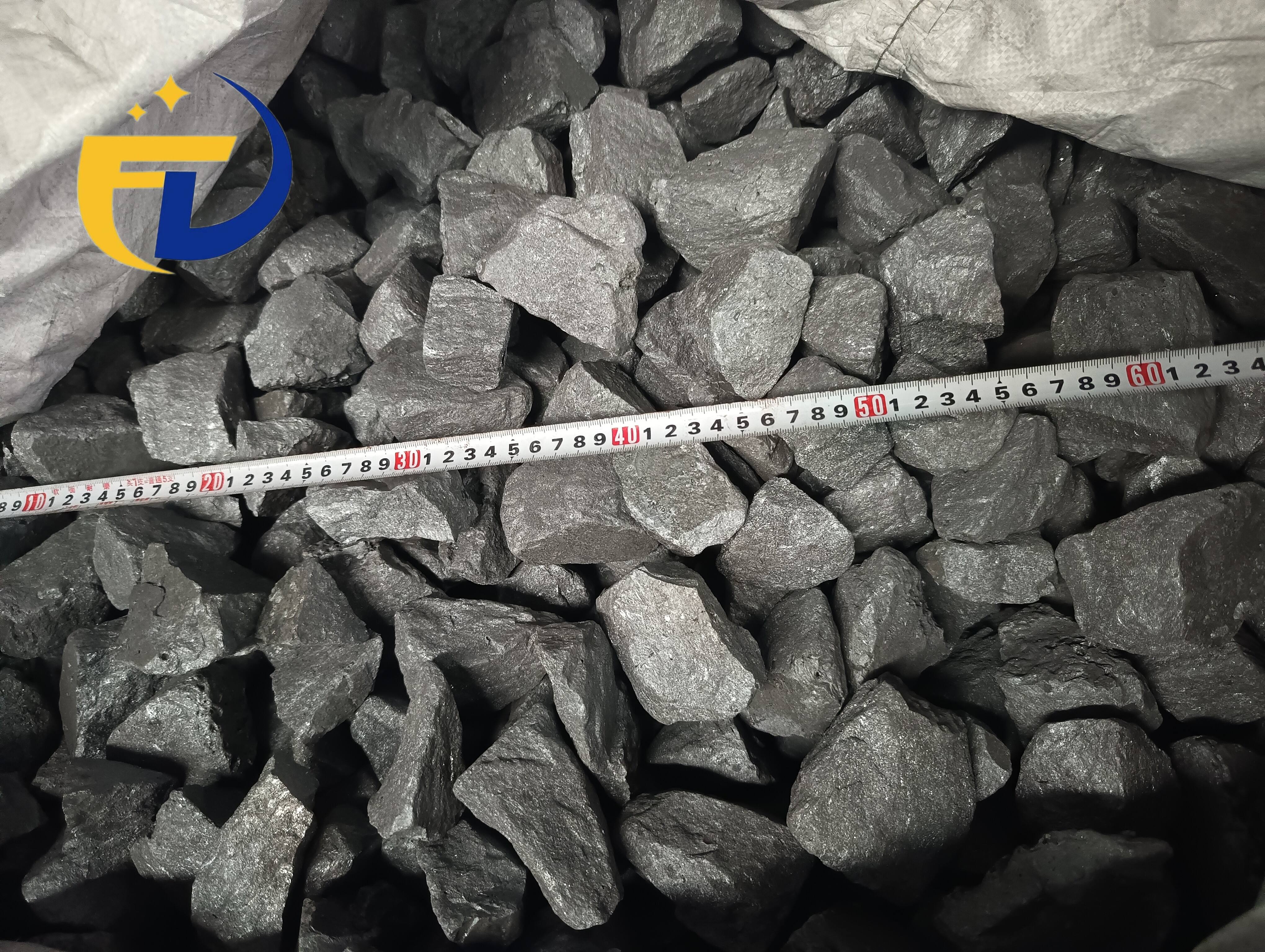Ferrosilicon: A Vital Alloy for Modern Industry
Ferrosilicon (FeSi) is a fundamental ferrous alloy, primarily composed of iron and silicon, that plays an indispensable role in global industrial processes. As a key supplier in the ferroalloy sector, we understand its critical properties and the diverse applications that make it a cornerstone of modern metallurgy.
The primary use of ferrosilicon, accounting for the vast majority of its consumption, is in the steel industry. It serves as a deoxidizing agent during steelmaking, effectively removing dissolved oxygen to prevent the formation of gas porosities and ensure the steel's integrity. Furthermore, it is a crucial source of silicon, which enhances critical properties in the final product. The addition of silicon increases the strength and hardness of steel, improves its magnetic permeability in electrical steels, and provides corrosion and heat resistance.

Beyond steel, ferrosilicon is essential in cast iron production. It acts as an inoculant, promoting the formation of spherical graphite, which significantly improves the ductility and machinability of ductile iron. Another significant application is in the manufacturing of magnesium, where ferrosilicon is used in the Pidgeon process to reduce magnesium from its oxide.
The alloy is produced by smelting a mixture of quartzite (a source of silica), iron sources (like scrap steel), and a carbon reductant (typically coke or coal) in a submerged arc furnace. The intense heat of the furnace facilitates a reduction reaction, resulting in liquid ferrosilicon, which is then tapped and cast into lumps for commercial use.
In summary, ferrosilicon's unique combination of properties makes it an irreplaceable material for producing high-quality steel and cast iron. Its role in strengthening, purifying, and enhancing the performance of metals ensures its continued demand as a backbone of industrial manufacturing worldwide.


